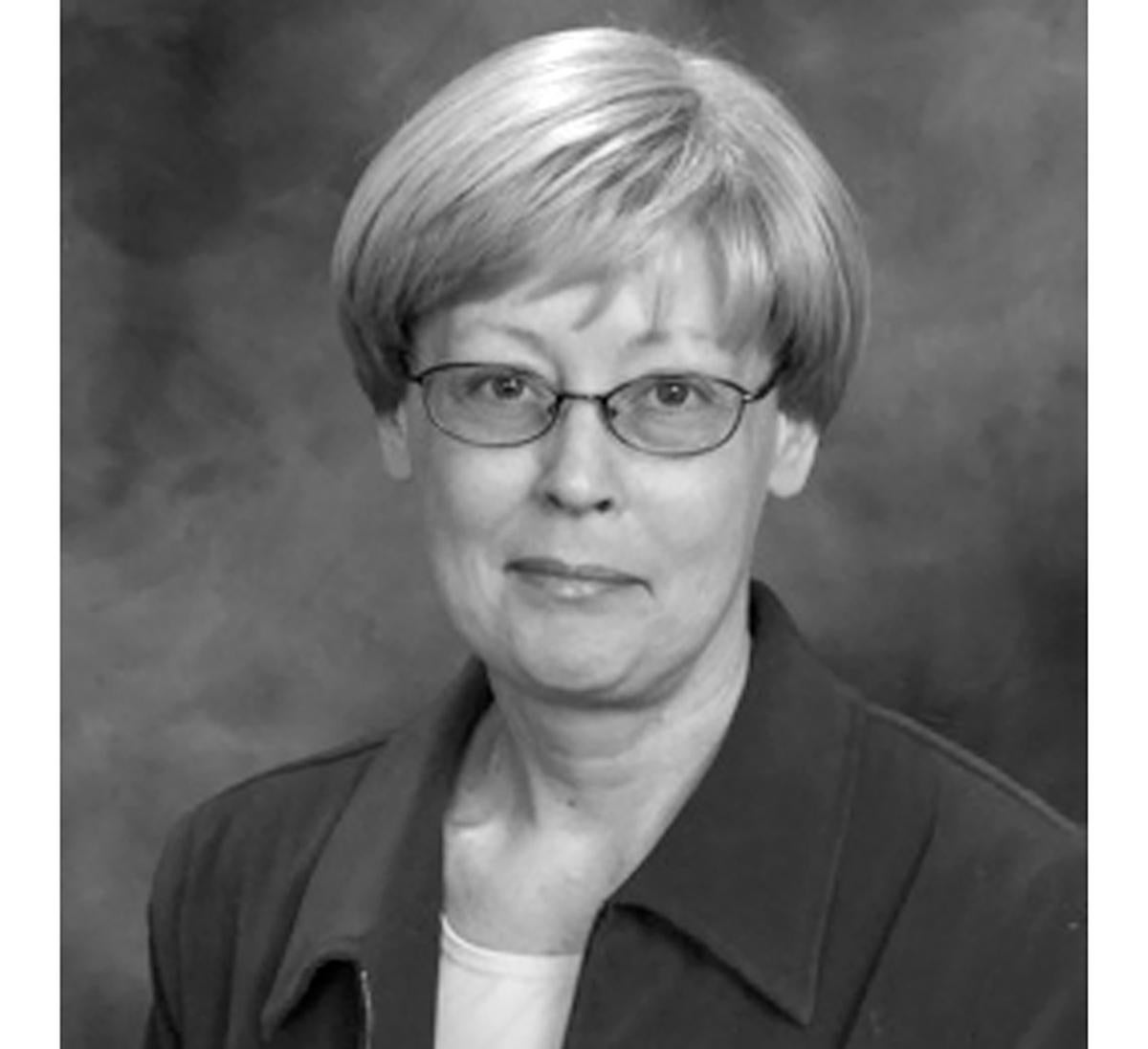
Peggy Pascoe, whose research and teaching focused on the history of race, gender and sexuality, was the Beekman Professor of Northwest and Pacific History and professor of Ethnic Studies at the University of Oregon. With family and friends at her side, she died from ovarian cancer on July 23, 2010, at home in Eugene, Oregon.
In May 2010, Pascoe’s book What Comes Naturally: Miscegenation Law and the Making of Race in America (Oxford University Press, 2009) received the Willard Hurst Prize for 2010 from the Law and Society Association given for the best work in sociolegal history. Here’s what the prize committee said in its citation:
“What Comes Naturally is a comprehensive, interesting, and important sociolegal history that takes us through the history of miscegenation law beyond its commonly accepted geography. It analyzes how by ‘naturalizing’ miscegenation law, politics, religious beliefs and scientific knowledge came together to sustain a set of legal parameters that eventually became policy in the post Civil War world throughout the United States, enhancing and expanding the Black/White race dichotomy, while complicating it in gendered terms. The book is an outstanding contribution richly nuanced and insightful. It expands our understanding of conceptions of race, not only in the South, but elsewhere. It contains as well a superb elucidation of the role that gender played in the process of defining and elaborating on miscegenation.
“In her study of the way in which the law defined interracial relationships as illicit sex, Pascoe also explores how ideas of sexuality and scientific knowledge intersected with social norms, to produce ideas of what was ‘natural’ in sexual and racial relations. The book is based on an impressive body of primary sources that take us on a journey from local lawmaking and courts, into the world of immigrants and national policy makers. The writing is gracious and appealing. Pascoe makes theory come alive through analysis of the way people actually lived and thought. She opens the door to further research on the ‘creation of the ‘off-white’ America;’ expands and critiques the commonly accepted ‘natural’ dichotomy of Black and White and sheds new and welcome light on the history of law and society.”
Pascoe’s book won two awards from the Organization of American Historians in March 2009 and two from the American Historical Association in January 2010. She was also the author of Relations of Rescue: The Search for Female Moral Authority in the American West, 1874-1939 (Oxford University Press, 1990).
Pascoe, who was born in Butte, Montana, said that the remarkable past of this struggling mining town spurred her interest in the history of the U.S. West. She graduated from Montana State University with a B.A. in history in 1977 and earned her M.A. in Women’s History at Sarah Lawrence College in 1980 and a Ph.D. in American history at Stanford University in 1986. She taught classes on U.S. women’s history and race, gender and sexuality at the University of Utah for the next ten years, where she won a University Distinguished Teaching Award. Pascoe moved to the UO in 1996. That same year, she received a National Endowment for the Humanities Grant.
Contributions to a memorial scholarship in Peggy’s name can be made to the UO Foundation: University of Oregon Foundation, 360 E. 10th Avenue, Suite 202, Eugene, OR 97401-3273 or online at https://supportuo.uofoundation.org/ with note designating gift to the Peggy Pascoe Fund in History.

